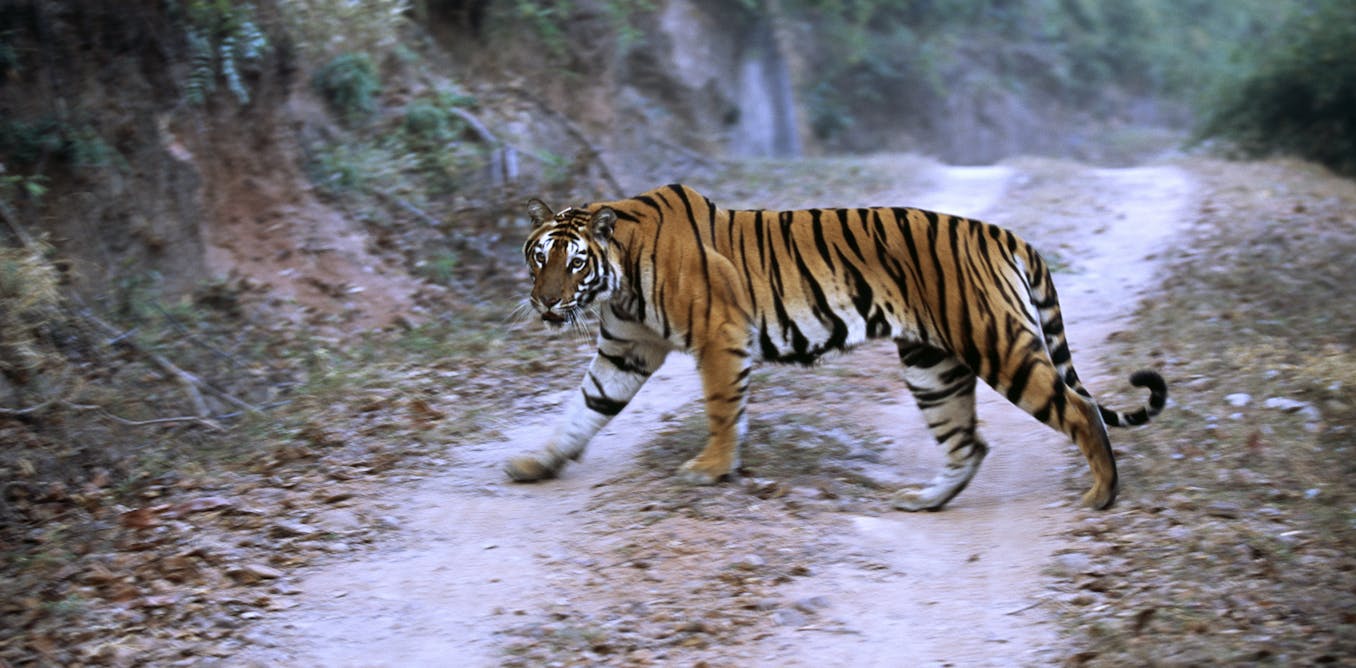The mysterious disappearance of the first SARS virus, and why we need a vaccine for the current one but didn't for the other
COVID-19 and SARS are both deadly – but different. SARS symptoms were quick to appear, making it easier to contain. Because health officials were able to contain it, the virus died off.
May 5, 2020 • ~8 min


